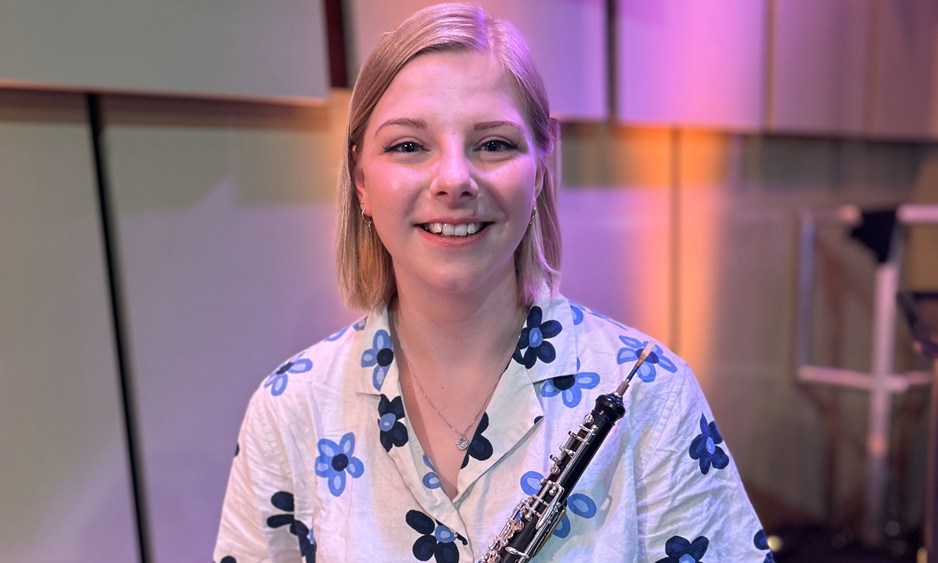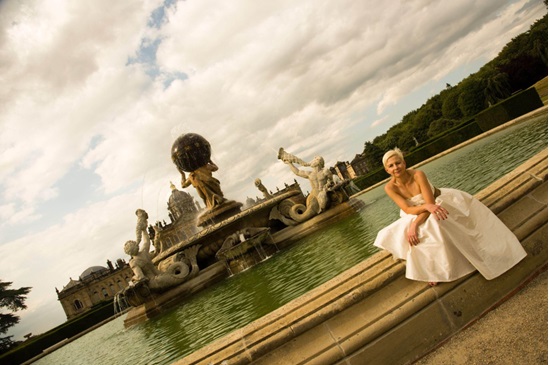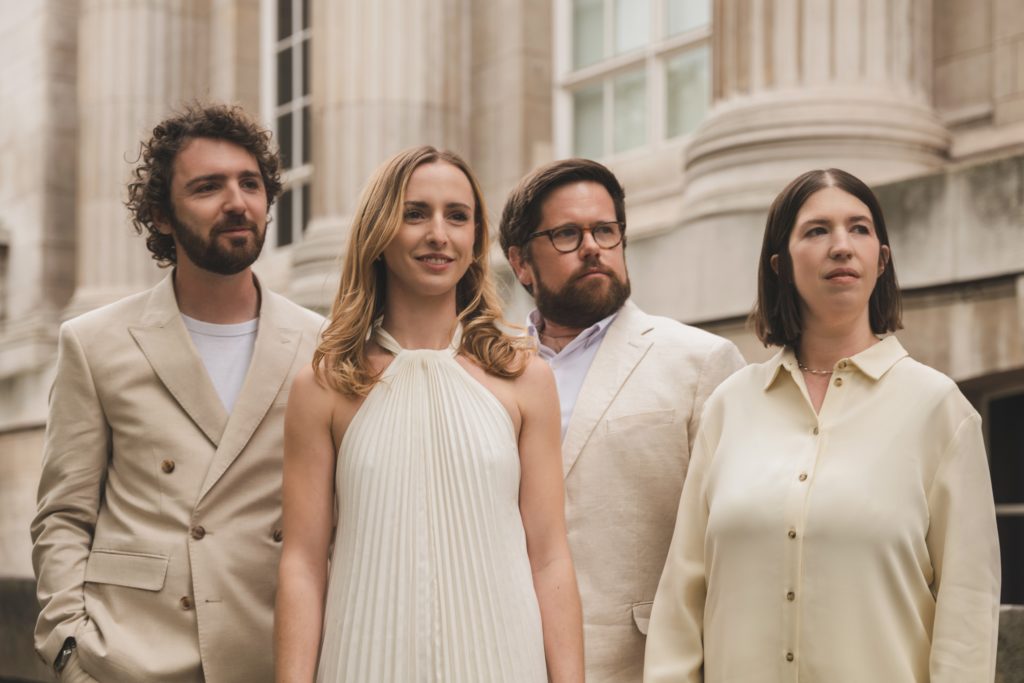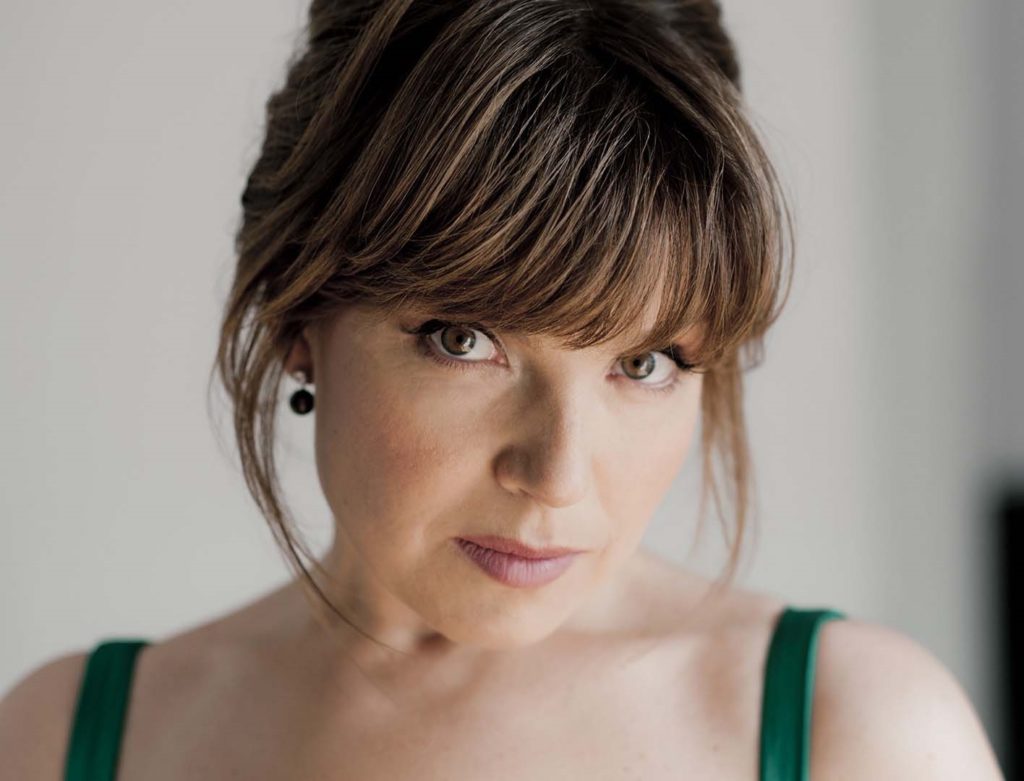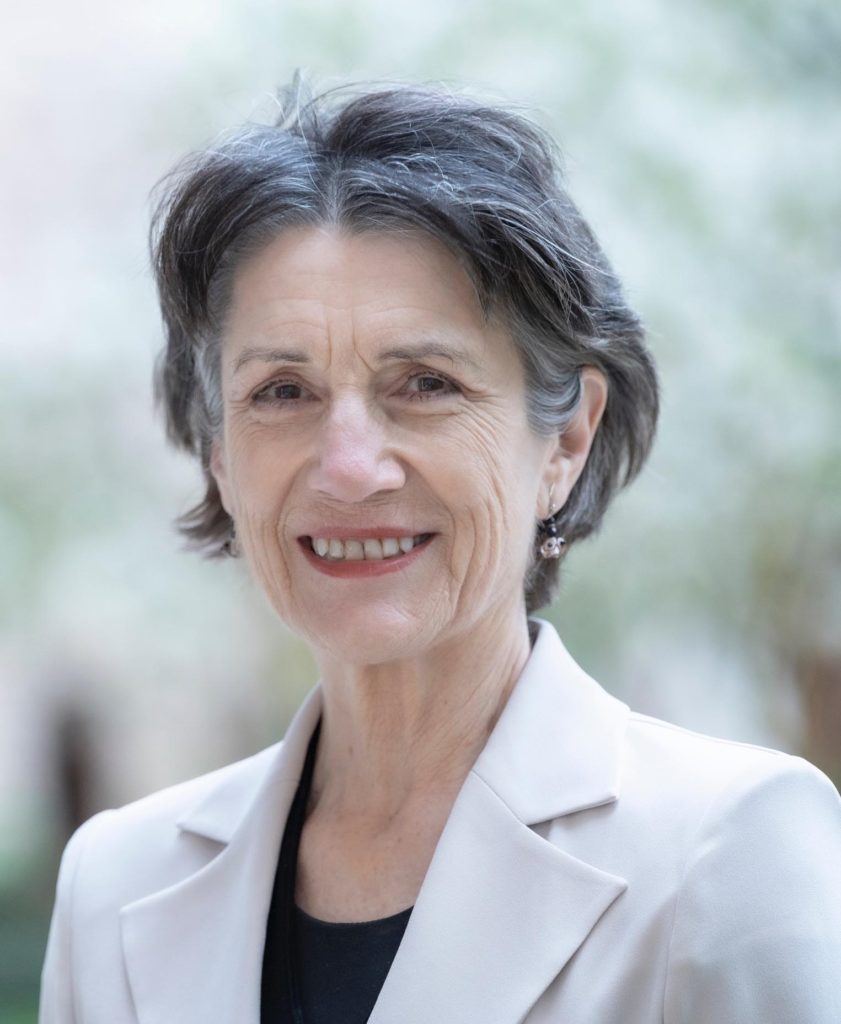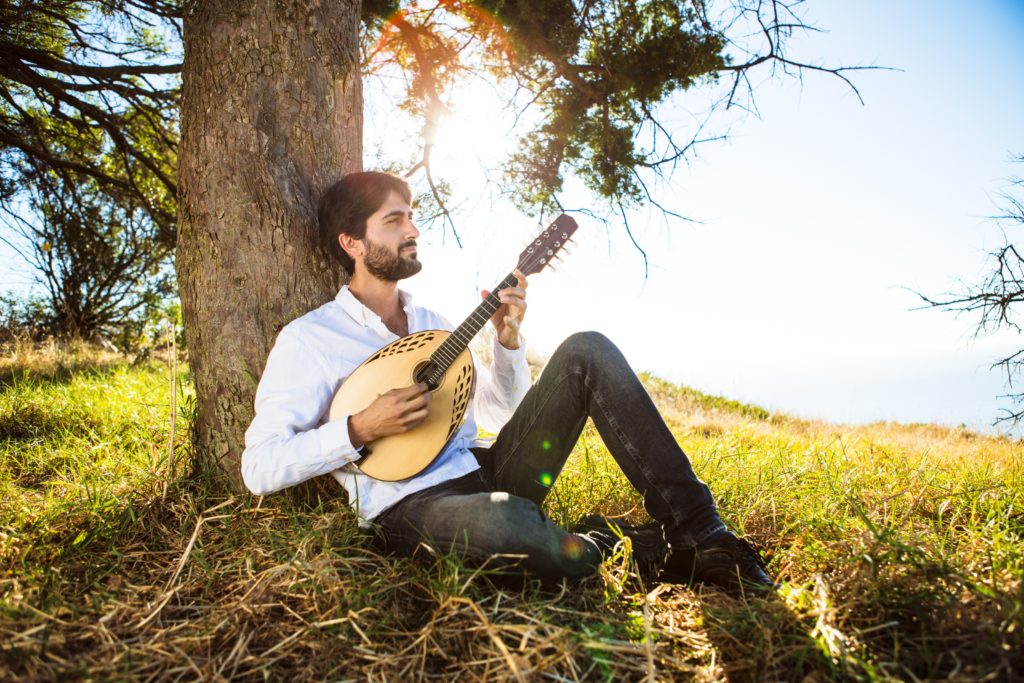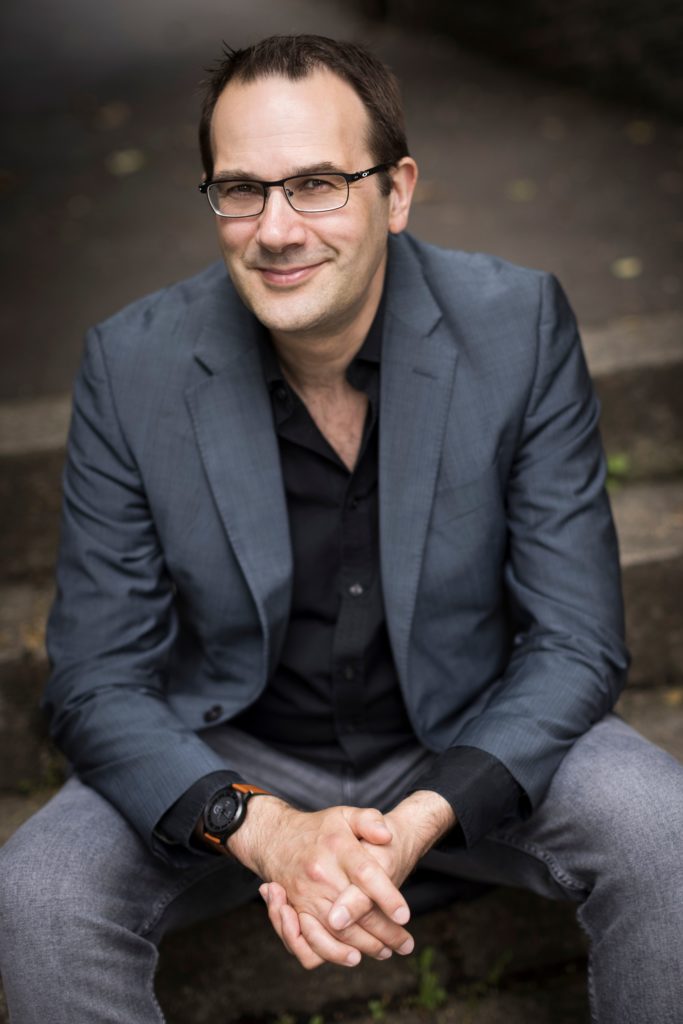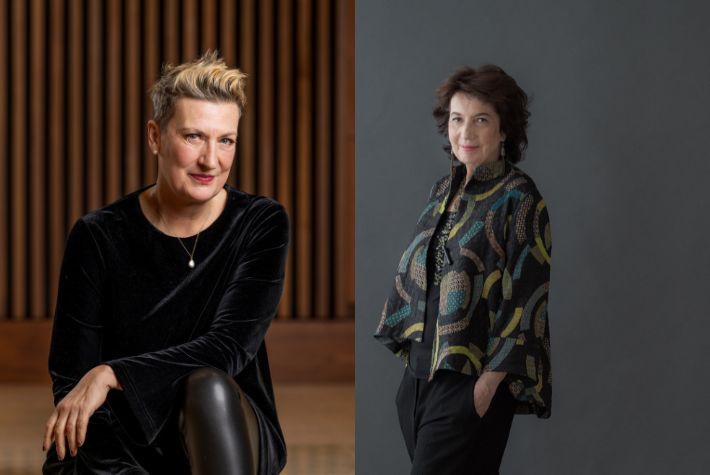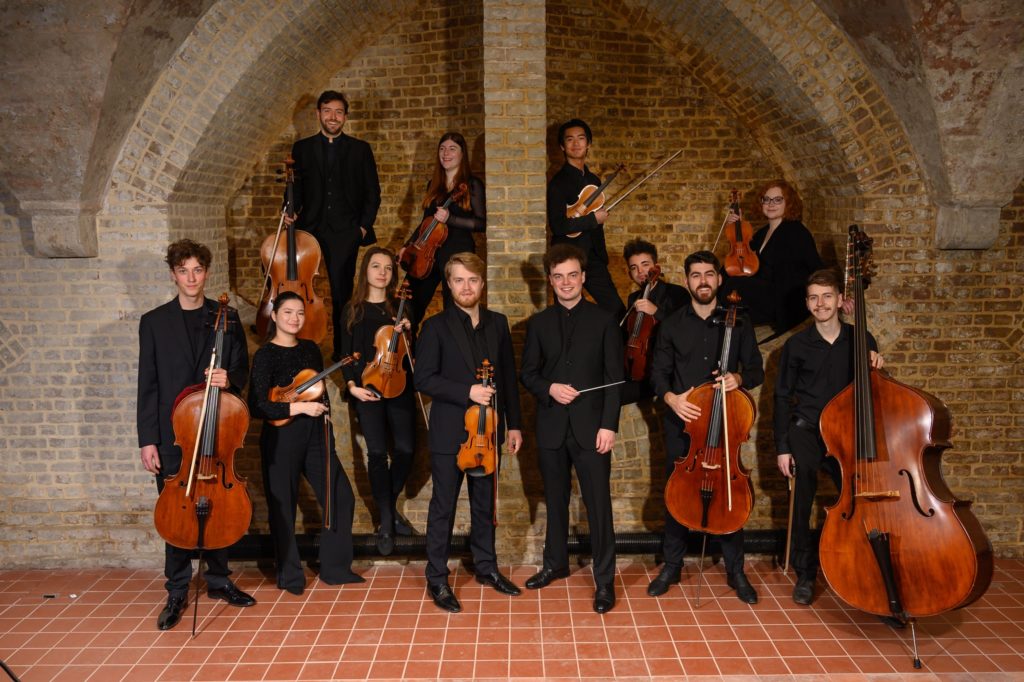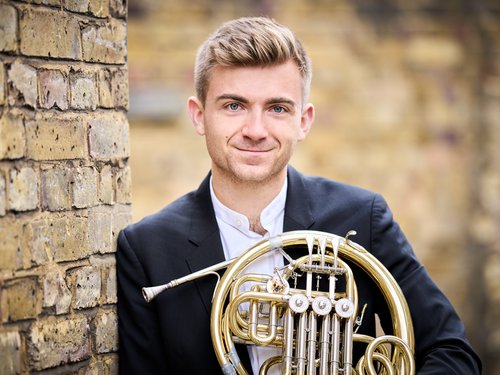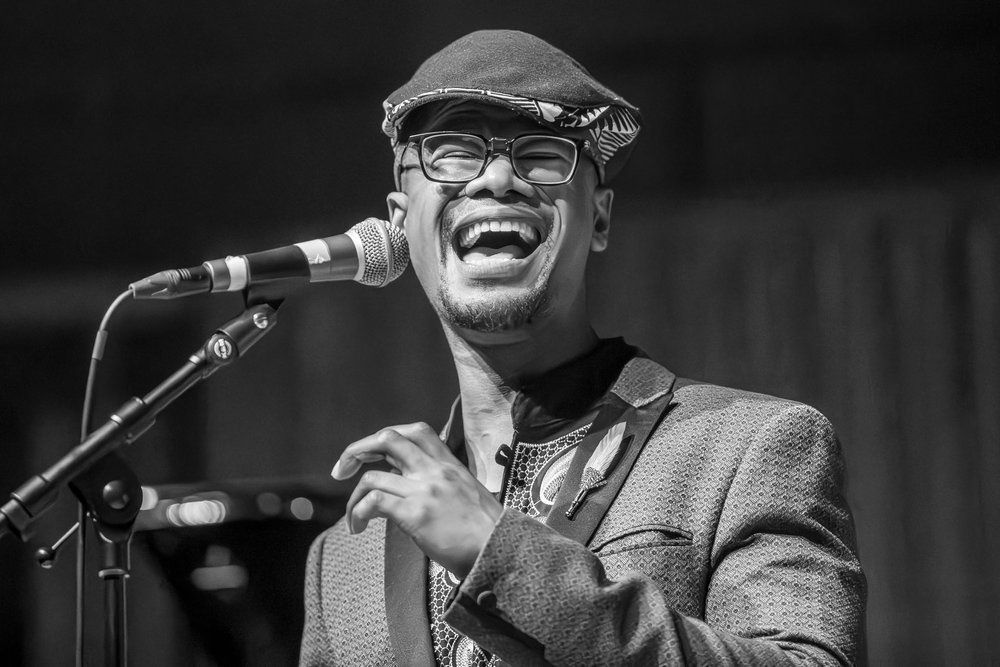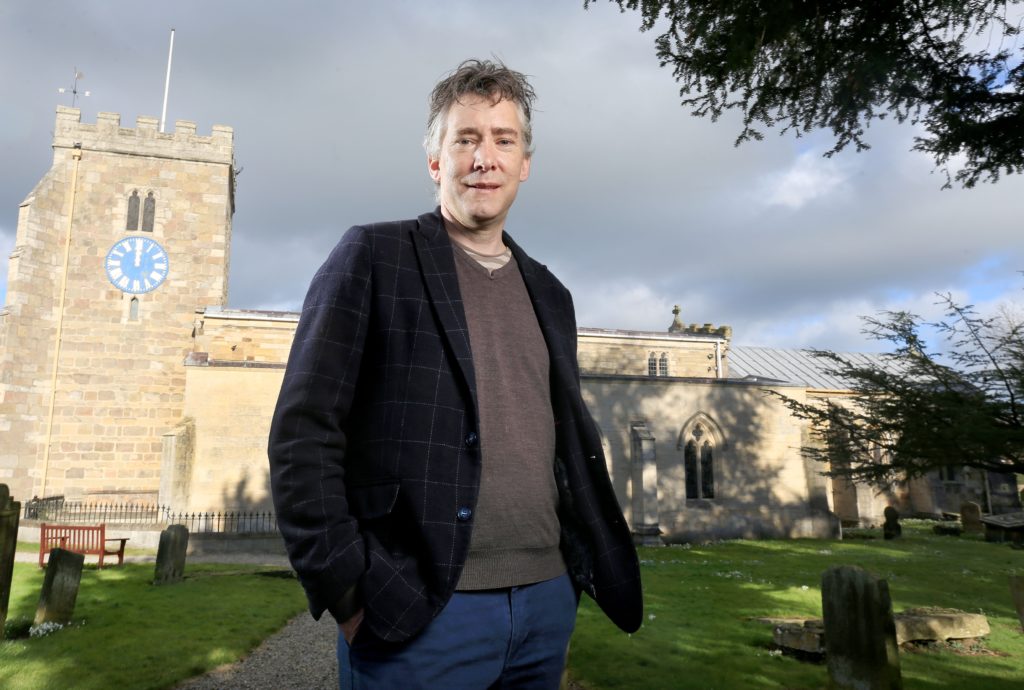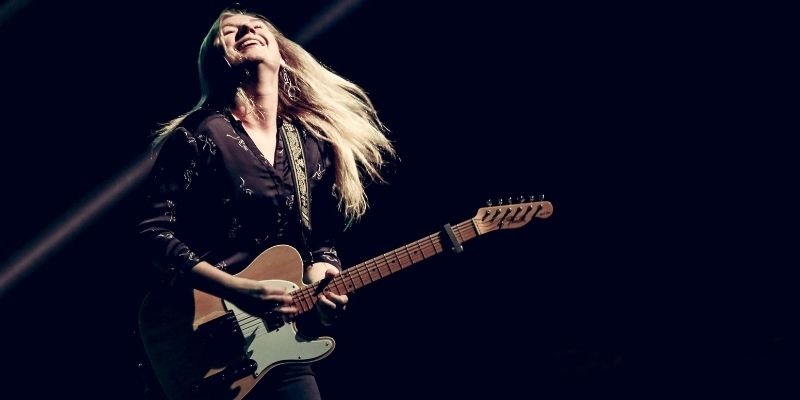
Joanne Shaw Taylor: Promoting new album Black & Gold at York Barbican
FROM blues guitar to saxophone solos, culinary festivities to Friends on song, Charles Hutchinson finds the ones to entertain you.
Blues guitarist of the week: Joanne Shaw Taylor, York Barbican, Thursday, 7.30pm
DISCOVERED by Eurythmics’ Dave Stewart at 16, and now 39, West Midlands blues rock guitarist, singer and songwriter Joanne Shaw Taylor showcases her tenth studio album, Black & Gold, on her return to York Barbican.
Known for her blazing guitar work and soulful voice, Shaw Taylor fuses blues, rock, soul and pop into her live set of new songs such as Hell Of A Good Time, fan favourites from past albums and nods to blues greats. Support comes from Ferris & Sylvester. Box office: yorkbarbican.co.uk.
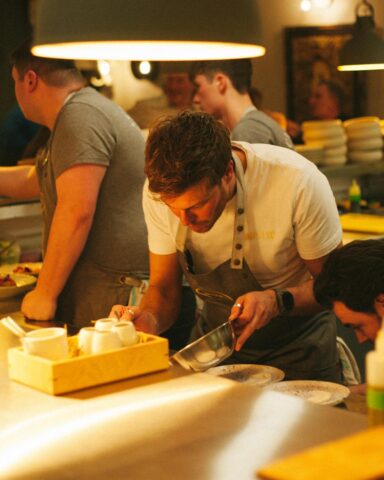
Skosh chef-proprietor Neil Bentinck: Cookery demonstration at St Crux Hall on September 27 at 1pm at York Food & Drink Festival
Festival of the week: York Food & Drink Festival, cooking until September 28
HIGHLIGHTS of this autumn’s York Food & Drink Festival include 70 street food and produce stands in Parliament Street; the Entertainment Marquee on Parliament Street, serving a bill of Live for St Leonard’s Hospice music acts; more live music in St Sampson’s Square, and demonstrations, events, tastings, and sampling at St Crux Hall.
Further events will be two taste trails; Bedern Hall Pork Pie Competition; the Food Factory in St Crux Hall and Museum Gardens; Chocolate Bar Challenge; Jorvik Viking Centre’s activities with an historic twist and the Meet The Makers drinks fair. For the full festival programme, head to: yorkfoodfestival.com.
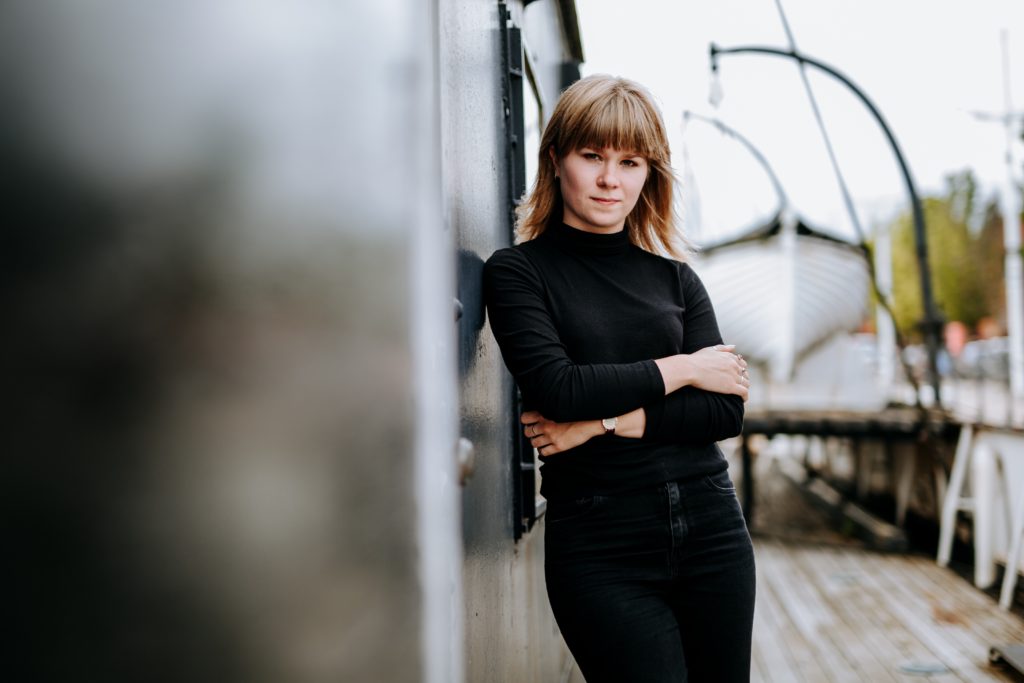
Katie Spencer: Introducing new album What Love Is at Kirk Theatre, Pickering. Picture: Tom Arran
Folk gig of the week: Friday Folk Night presents Katie Spencer, Kirk Theatre, Pickering, September 26, 7.30pm
RAISED in the East Yorkshire flatlands on the fringes of Hull, Katie Spencer’s music is influenced by the landscapes that shaped her. Her songwriting and guitar playing reflect a sense of space and movement, drawing inspiration from Joni Mitchell, James Taylor and Michael Chapman.
New album What Love Is will be released on October 3. Produced by Matt Ingram, known for his work with Laura Marling, its ten compositions explore themes of love, introspection and personal growth. Her live performances are peppered with humour and storytelling. Box office: 01751 474833 or kirktheatre.co.uk.
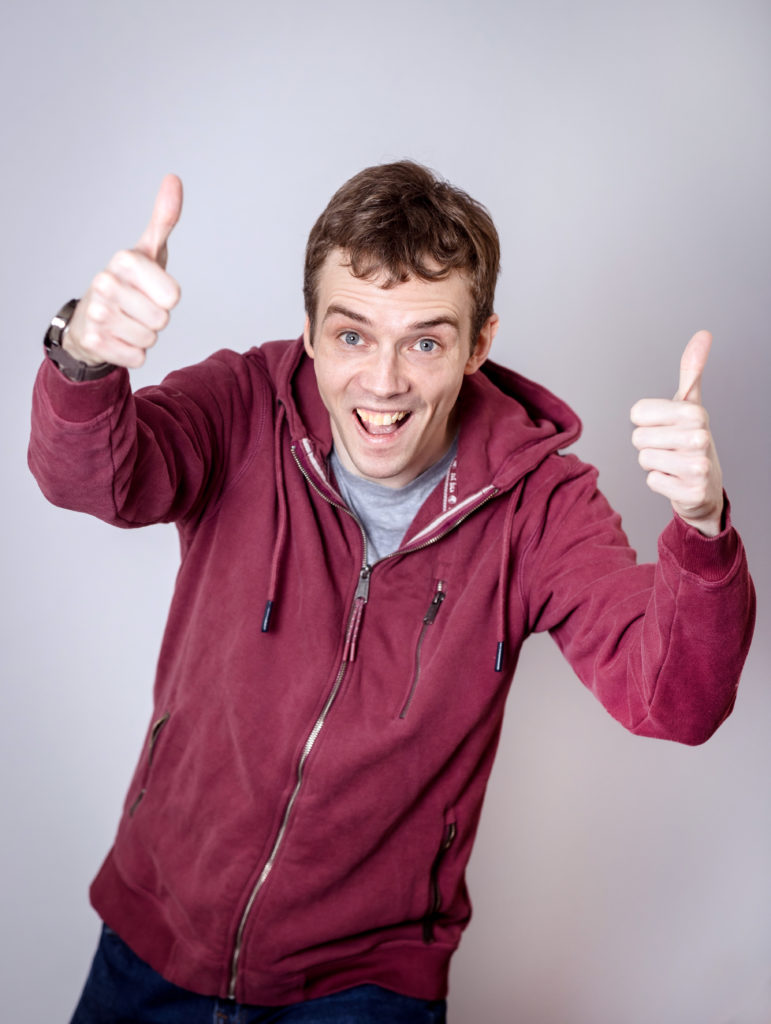
Tom Little: Headlining Hilarity Bites Comedy Club bill at Milton Rooms, Malton. Picture: Alexis Dubus
Comedy gig of the week: Hilarity Bites Comedy Club presents Tom Little, Seeta Wrightson and Kieran Lawless, Milton Rooms, Malton, Friday, 8pm
TOM Little, 2015 Leicester Mercury Comedian of the Year winner and BBC Radio New Comedy Award finalist, plays the well-read fool, taking on diverse facts but refusing to deal with them conventionally.
Bradford-born Seeta Wrightson, 2025 Female Pilot Club winner, spins engaging stories with wit, drawing on her dual Asian and British heritage. From humble beginnings, she has wandered through life wondering exactly where she fits, having adventures aplenty figuring it out. Nothin’ Butt Funny Comedy award winner Kieran Lawless is an Irish comedian based in Manchester. Doors and bar open at 7pm.Box office: 01653 696240 or themiltonrooms.com.
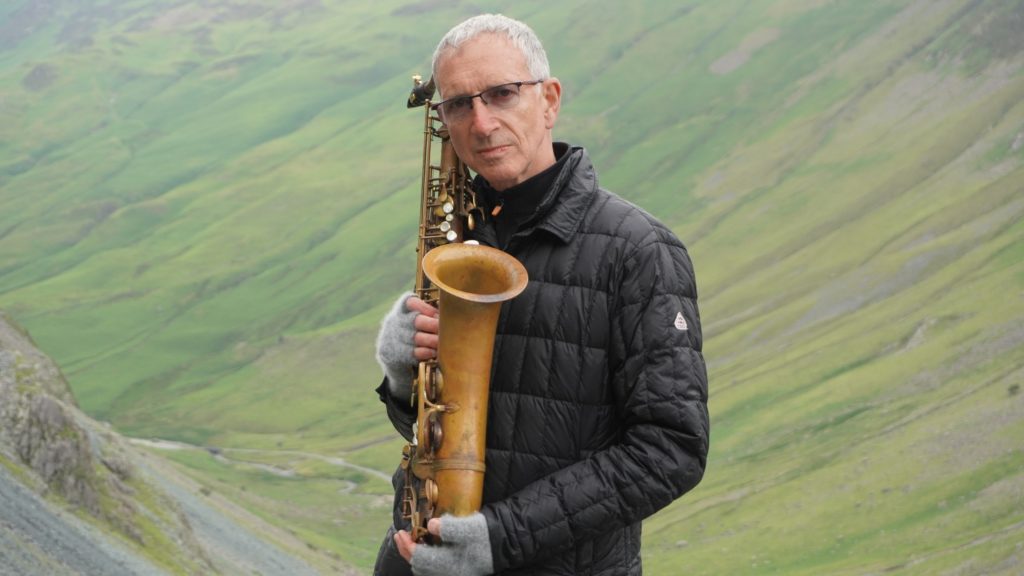
Snake Davis: Sax to the max at Helmsley Arts Centre
Saxophonist of the week: Snake Davis Band, Helmsley Arts Centre, Friday, 7.30pm
STILL highly in demand as a session player, cheering up records by Olly Murs and Shania Twain lately, and playing to crowds of up to 70,000 with Japanese rock god Eikichi Yazawa, saxophonist Snake Davis gains most joy from performing warm, friendly venues such as Helmsley Arts Centre.
Leading his four-piece band, featuring guitar, bass guitar and drums, Davis plays “the floaty to the danceable”, from soul to jazz, Northern Soul to pop and world, original material to classic sax pieces such as Baker Street and Night Train. Box office: 01439 771700 or helmsleyarts.co.uk.
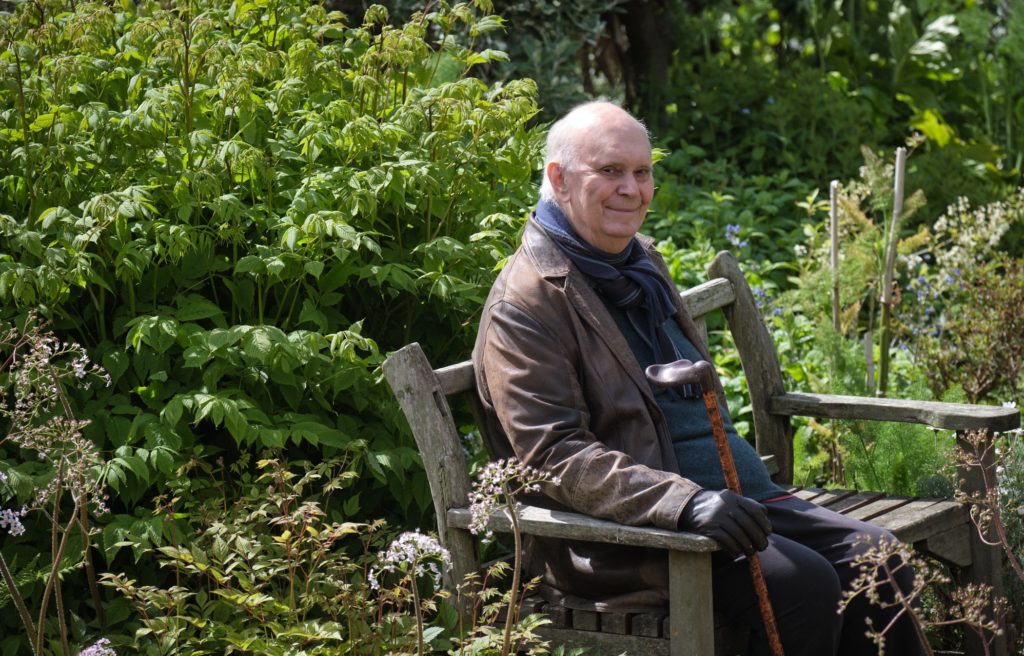
Actors, Audiences And Ayckbourn, It’s All Relative, The McCarthy, Stephen Joseph Theatre, Scarborough, Friday, 7pm
AN evening of Sir Alan Ayckbourn in two halves opens with Ayckbourn archivist Simon Murgatroyd exploring the creation of Relatively Speaking on its 60th anniversary. The second half is a chance to hear stories from a group of actors with years of experience of working with the former SJT artistic director and prolific playwright. Box office: 01723 370541 or sjt.uk.com.
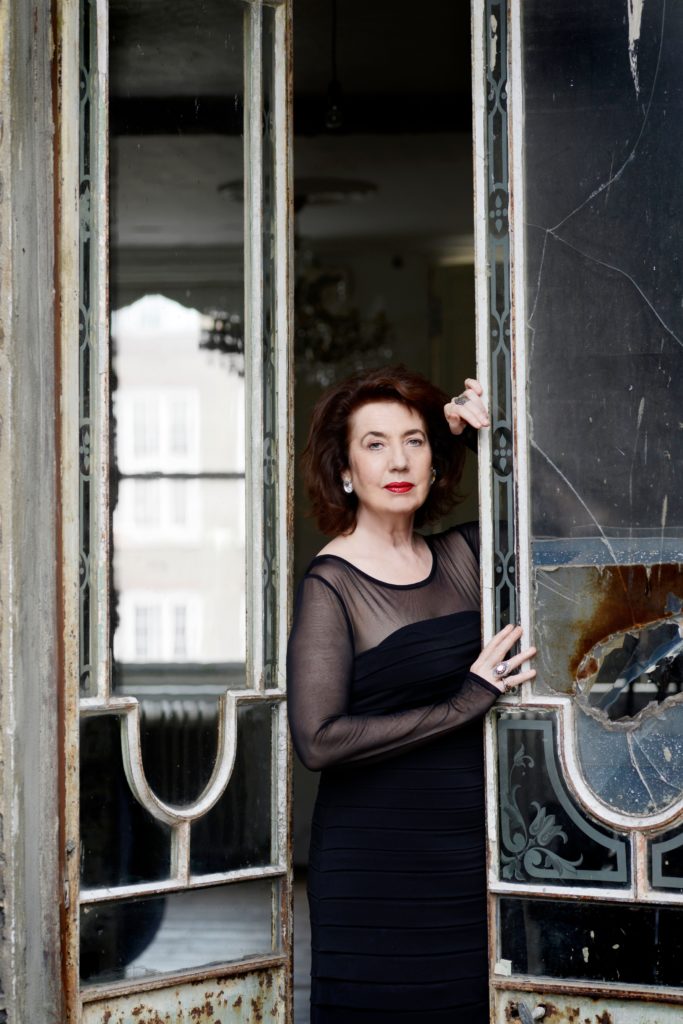
Dame Imogen Cooper: Piano concert at Helmsley Arts Centre on Saturday. Picture: Sussie Ahlburg
Classical concert of the week: Dame Imogen Cooper, Helmsley Arts Centre, Saturday, 7.30pm
AFTER playing St Peter’s Church, Norton, at July’s Ryedale Festival, pianist Dame Imogen Cooper returns to Ryedale this weekend to play Bach’s Nun Freut Euch, Lieben Christen G’mein, arranged by Kempff; Bach’s chorale-prelude Nun Komm’ der Heiden Heiland, arranged by Busoni and Schubert’s Four Impromptus, D. 899 (Op. 90). Post-interval, her programme continues with Beethoven’s Seven Bagatelles (OP. 33) and Schubert’s Four Impromptus, D. 935 (Op. posth. 142). Box office: 01439 771700 or helmsleyarts.co.uk.
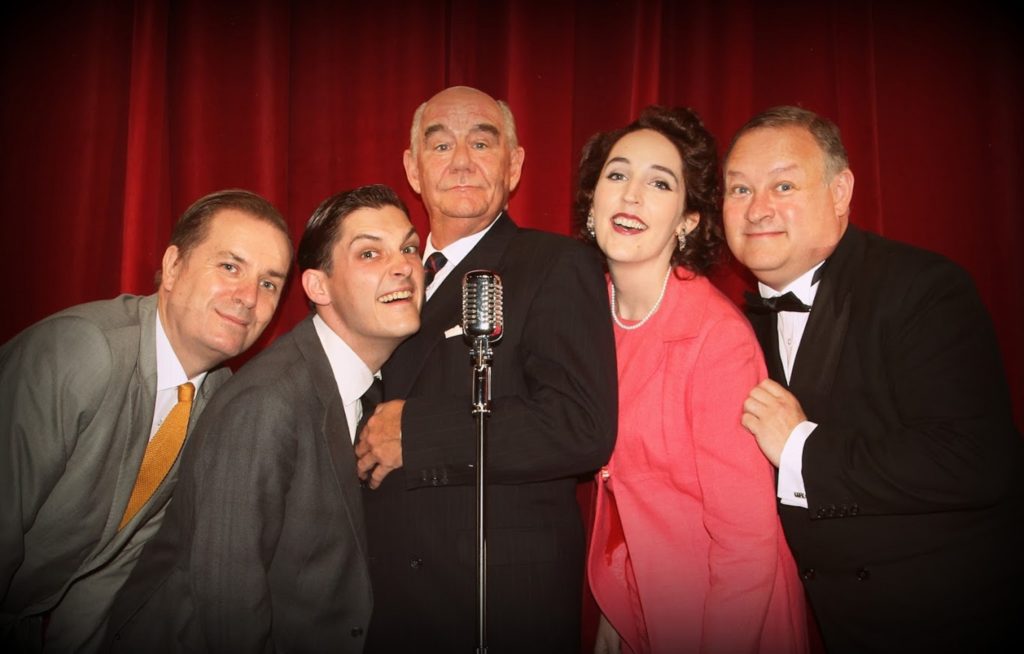
Apollo Theatre Company’s merry crew in Round The Horne
Nostalgia of the week: Apollo Theatre Company in Round The Horne, Stephen Joseph Theatre, Scarborough, September 29, 7.45pm; September 30, 1.30pm and 7.45pm
FROM 1965 to 1968, no show on British radio was bigger than the ground-breaking Round The Horne. Classic comedy fans will be in their element as Apollo Theatre Company transports the audience back to the anarchic, boisterous atmosphere of the BBC’s Paris Theatre during the recordings, complete with a live band and sound effects.
Combining infamous movie spoofs with regular characters such as Julian & Sandy, Rambling Syd Rumpo and J. Peasemold Gruntfuttock, Round The Horne’s merry crew drew up to 15 million listeners per week and made stars of Kenneth Horne, Kenneth Williams, Hugh Paddick and Betty Marsden. Now take a step back in time to experience this vintage comedy live. Box office: 01723 370541 or sjt.uk.com.
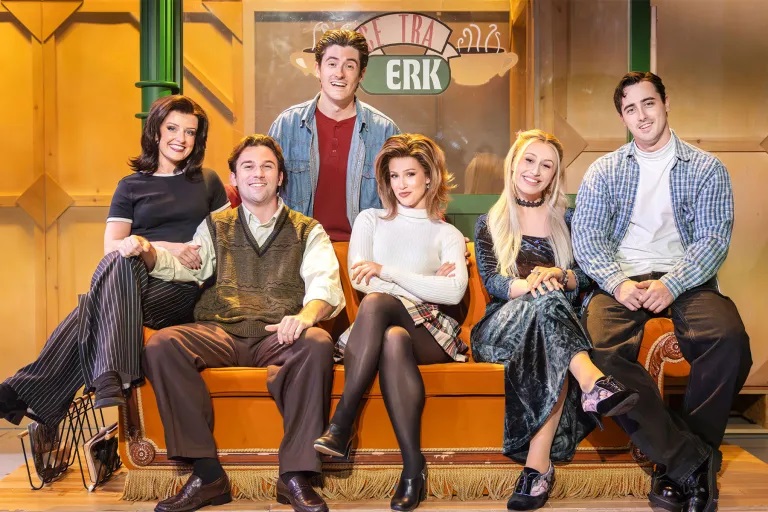
Alicia Belgarde (Monica), left, Daniel Parkinson (Chandler), Enzo Benvenuti (Ross), Eva Hope (Rachel), Amelia Atherton (Phoebe) and Ronnie Burden (Joey) in Friends! The Musical Parody, on tour at Grand Opera House, York. Picture: Pamela Raith
The one where they sing: Friends! The Musical Parody, Grand Opera House, York, September 30 to October 4, Tuesday to Thursday, 7.30pm; Friday, 5.30pm and 8.30pm; Saturday, 2.30pm and 7.30pm
NEW York and Las Vegas hit Friends The Musical Parody is a musical comedy packed with iconic moments from all ten seasons of the beloved television series, complemented by an original musical score. Join Rachel, Ross, Monica, Chandler, Joey, and Phoebe, the world’s most famous group of twenty-somethings, as they navigate love, friendship and life’s ups and downs in 1990s’ New York City.
“Whether you’re in a love triangle, trying to make it as an actor, or just can’t quit your day job, you’ll be laughing, crying, and quoting your favourite lines all night long,” the show promises. Box office: atgtickets.com/york.
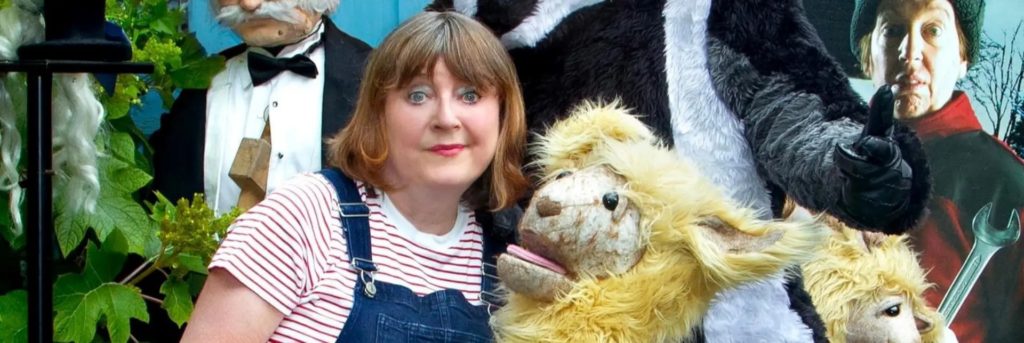
Sue Ryding, left, recalling her 40-year comedy partnership with the late Maggie Fox (inset) in LipService in Funny Stuff at Pocklington Arts Centre
Reflections on grief: LipService in Funny Stuff, Pocklington Arts Centre, October 2, 7.30pm
SUE Ryding is one half of legendary satirical duo LipService. In March 2022, her comedy partner, York actress and writer Maggie Fox, died and Sue was left with a shipping container full of 40 years of stage props, costumes, wigs, hats, shoes, sheep, you name it.
This show looks at all the “stuff” we accumulate, hoard and hate to let go in her humorous and creative response to grief, wherein Sue struggles to part with a life-sized stuffed sheep, a badger onesie, some ruby slippers, a sinking bog, Charlotte Bronte’s knickers and a host of soft toys. Touring anecdotes are combined with archive footage from LipService shows. Box office: 01759 301547 or pocklingtonartscentre.co.uk.


